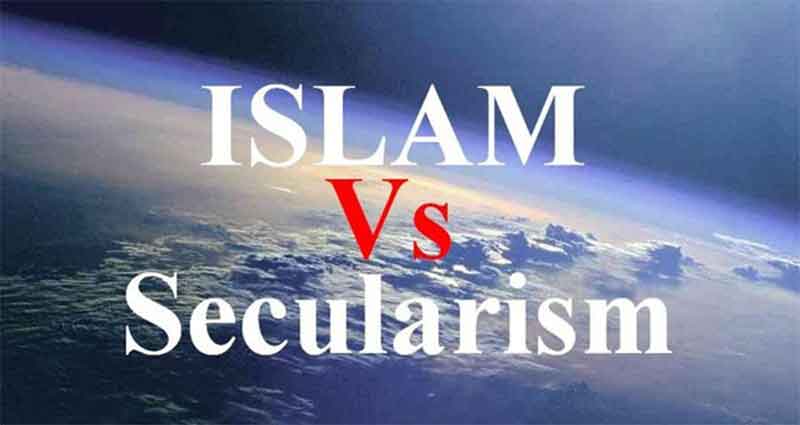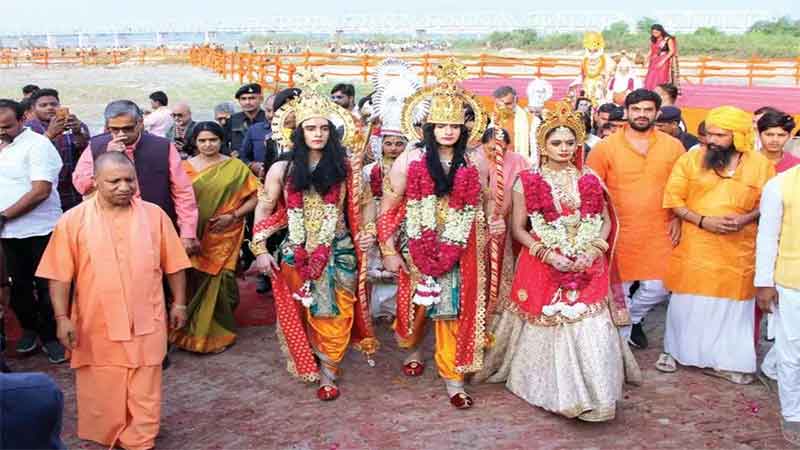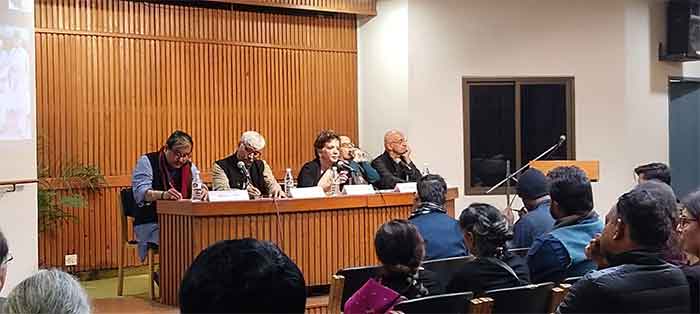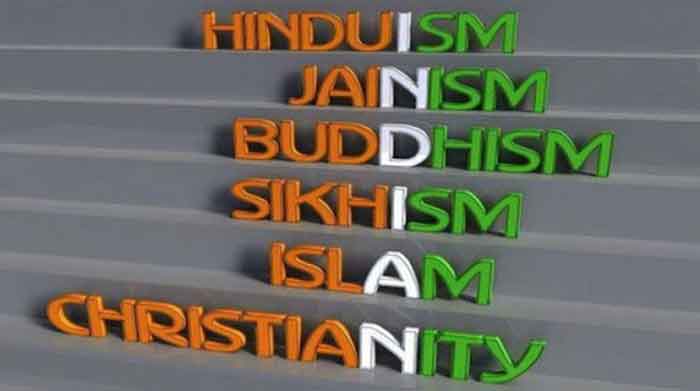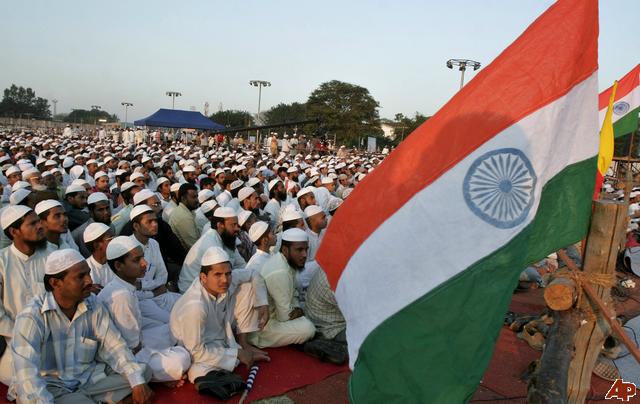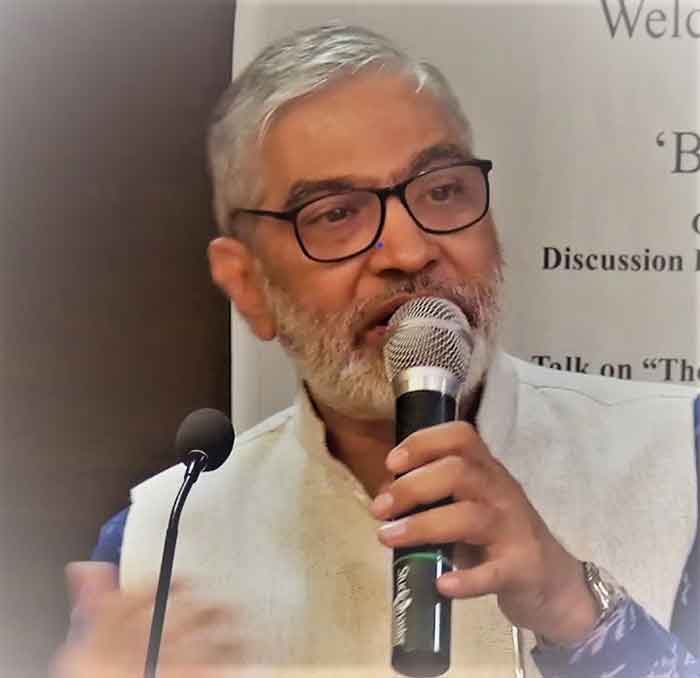
“Secularism in India faces manifold challenges that require multilevel interventions to make it socially relevant and sustainable,” according to Irfan Engineer, noted Human Rights activist and Director, Centre for the Study of Society and Secularism, Mumbai. Engineer was speaking on “India’s Tryst with Secularism: Past and Future Challenges” at the Annual memorial Lecture organised by Vakkom Moulavi Memorial and Research Centre (VMMRC), Vakkom. Engineer said that in the current scenario of majoritarian political challenges, democratic secularism would be the only viable alternative that could blend the Nehruvian vision and the Gandhian ideals. Adherence to democratic secularism entails essentially two things—ensuring freedom of all religions and right to belief, including belief in atheism and different ideologies; ensuring affirmative action in such a way that all socially and economically backward people can have a level playing field and equal opportunity. Democratic secularism should also be necessarily antithetical to all variants of hierarchical systems such as caste, patriarchal and communal formations, he said.
Engineer said that the task of secularism in India is two-fold that should keep in perspective the responsibility of the state as well as of individuals. The interventionist role of the state can be effective and fruitful only when it works for the welfare of citizens, particularly the most needy. Here the focus should be primarily on development and the state should be an effective regulator of institutions with a commitment to fairness and distributive justice. The individuals and the civil society have equal responsibility to ensure that the rights and privileges of communities do not interfere with the democratic-secular aspirations of the society at large.
Engineer pointed out that the secular credentials of the state had come under challenge even during the liberal era of the Nehru government. The first major communal riot in Jabalpur way back in 1961 had brought to light the partisan role of the state and this has been the pattern ever since. Over the years, two contesting realms of secularism emerged. One, the Opportunistic secularism of the so-called secular parties which amounted to compromises with the fundamentalist forces within the minority community in the hope that they would be able to fetch electoral returns. This eventually emboldened fundamentalism and religious sectarianism. The other version—positive secularism—went in a majoritarian way, demonising minorities and their identities. The second variety sought to curb the freedom of religion of minorities in the country. Demonising of minorities expressed itself in the form of persistent campaigns and they were made “responsible for partition” and called “loyalists of Pakistan.” The other dimensions of this demonising tendency came to light with the current campaigns against “love jihad” and “corona jihad.” Hence, the positive secularists of the right-wing formation were so exercised over suppressing minority identity, rights and heritages. On the other side, the opportunist-secularists gave in to the pressures and persuasions of the fundamentalists of the minority community. Engineer warned that it would be a major challenge to our constitutional system if minorities are rendered second class citizens without any political or cultural rights.
Engineer said that though state could permit religious practices, subject to public morality and law and order, it should not favour any religious community by way of promoting or deepening any identity as we have seen it recently in a series of measures put in place—from the CAA to ‘love jihad legislations.’ He said such tendencies will only weaken the social fabric of the Indian secularism and thereby undercut the constitutional ideals. Engineer also stressed the need for reforms within religious communities as a spontaneous process, rather than as an imposed tyranny of reforms from above.
Veteran journalist BRP Bhaskar, former Vice Chancellor Dr. B. Ekbal, State Planning Board Member Dr. Ravi Raman KUT Pro Vice Chancellor Dr Ayoob and others attended the session.
The author is Director, Inter University Centre for Social Science Research and Extension (IUCSSRE), Mahatma Gandhi University, Kerala. He also served as Dean of Social Sciences and Professor of International Relations and Politics, Mahatma Gandhi University. He writes in Global South Colloquy. Email: [email protected]
SIGN UP FOR COUNTERCURRENTS DAILY NEWSLETTER

